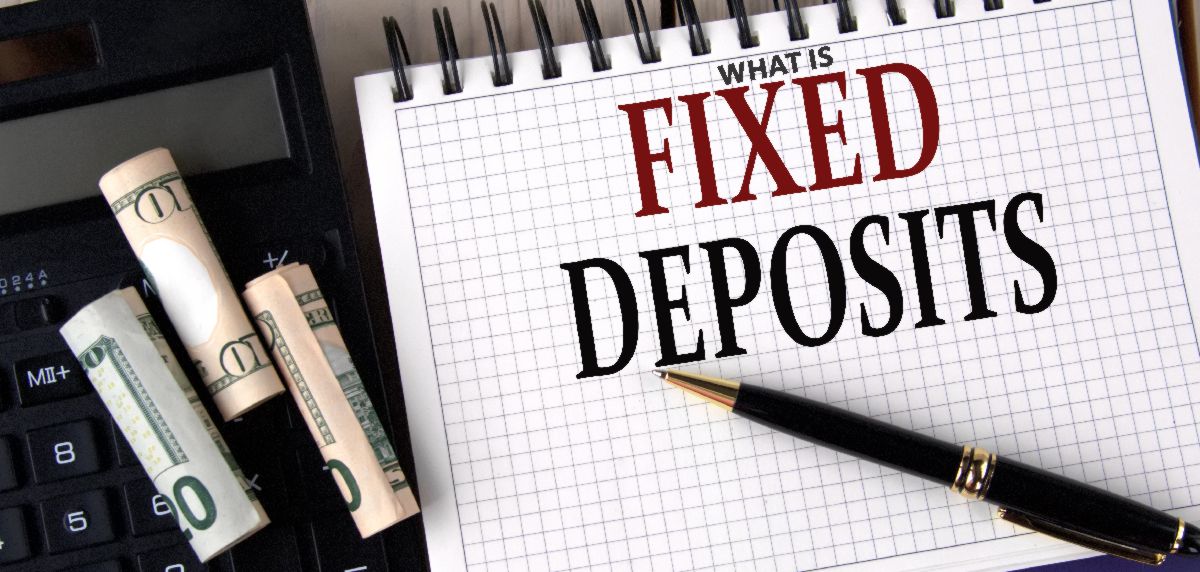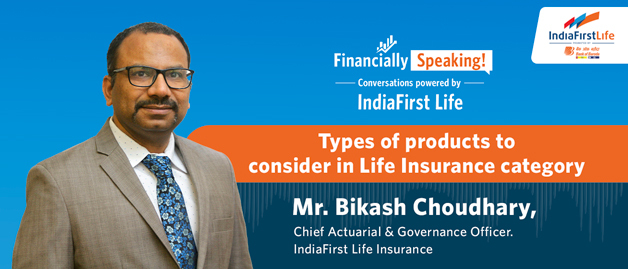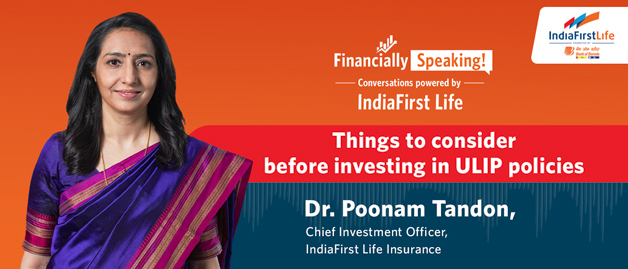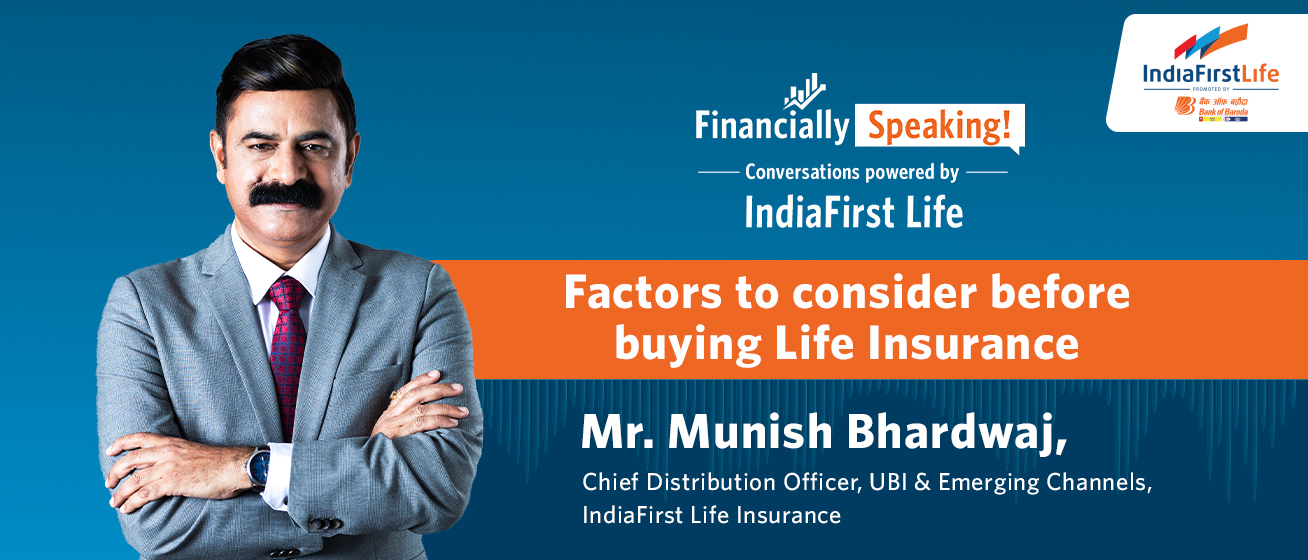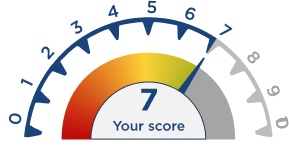What is a Fixed Deposit?
A fixed deposit is considered to a traditional, safe option to create savings, whether it be for the long-term or the short-term. Knowing what a fixed deposit is, how it functions, and how to make the best use of it, can help you with making the best use of this option.
A fixed deposit (FD) is a contract between you and the financial institution offering the service. You start your FD for a defined time duration, which could be anywhere between a month or a year. Once you have selected these details and made an application, you can deposit the amount, aka the principal, so it can be locked in for the defined duration.
For FDs, the institution offers a fixed interest rate for that entire period. This interest rate is usually higher compared to interest rates of traditional savings accounts. FD interest may be paid out periodically or compounded for payout at maturity, as chosen by the accountholder. If you’re new to FDs, calculating the maturity amount may seem complicated at first. You can try using an online FD calculator to understand the resulting interest values.
Traditional instruments like FDs serve as a reliable tool for goal-based planning, such as saving for education or a major purchase. The principal amount invested in an FD remains unaffected throughout the tenure. This is because it is not subject to change due to any market fluctuations. You receive a deposit certificate or digital acknowledgement, which also serves as proof for tax filings.









